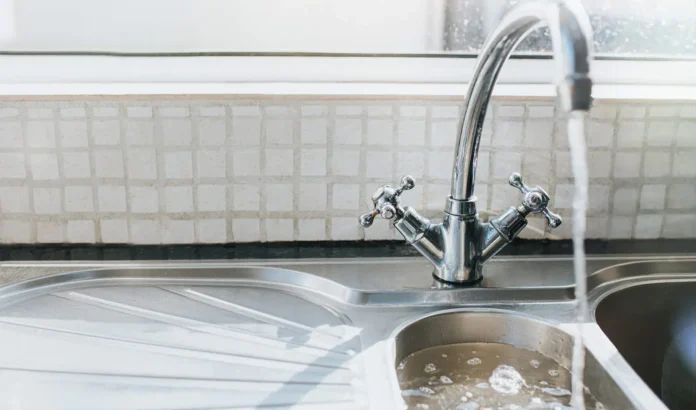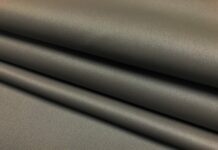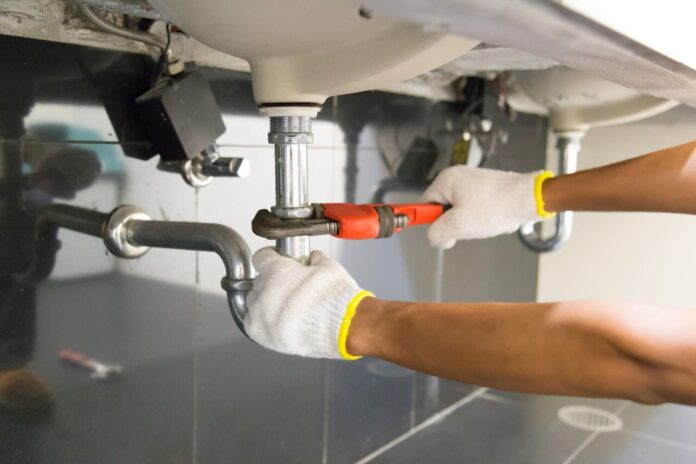
Table of Contents
In order for a household to function well and the needs of its members to be met, it needs regular maintenance. It’s not just about hygiene, but also the most important items, the maintenance of vital components of a living space. Electricity, water and heating installations, along with caring for the roof, are crucial elements that can, of course, complicate our lives if neglected. It is normal that everything, with the passage of time and constant use, decays and requires renovation, reparation and a certain investment of money and time.
However, it is always good and advisable to act preventively, at least as much as possible and to prevent some failures or at least postpone interventions for a long time.
There is no one who has not experienced a nightmare in the form of a clogged drain in the sink, bathtub, toilet that does not work properly and all those unpleasant things related to pipes, drains and everything related to plumbing. Such incidents are probably the worst. They can cause a flood of dirty, wastewater and create chaos in our house or apartment. It’s even worse if we live in a building. Then the chances are high that water will penetrate into the neighboring apartments, so we will bear the costs of repairing and renovating our own and other people’s apartments.
There are proven behaviors that can help us keep our plumbing in good condition:
1. Rinse with warm water
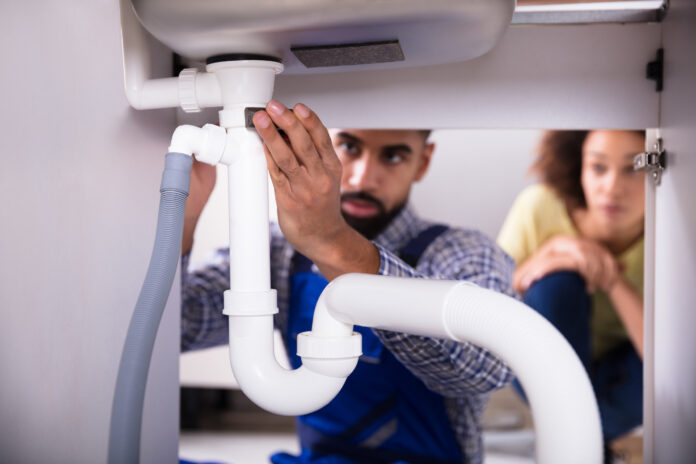
This simple method, which requires no special effort or commitment, can help keep drains and pipes clean. So, when you have a lot of dishes, and even if there are greasy pans and burnt sickles, first wash the dishes with warm water and detergent. Then, let the stream of hot water flow and wash away the remaining grease and dirt. You can do the same after showering. Rinse the bath or shower with hot water to remove not only the dirt you have washed, but also the remnants of shampoo and soap that settle. This reduces the chance that the pipes will clog and that water cannot pass through them.
2. Liquid soaps
Recently, there have been conflicting views on the use of soap bars and liquid soaps and detergents. The fact is that soap bars make less garbage that remains and has to be thrown away, simply because they do not have plastic packaging. They are even sold without any packaging, which significantly contributes to the preservation of the environment.
But liquid soaps and detergents are bigger friends of your pipes. It is easier to wash and pass carried by a jet of water, while compact, classic soaps still settle and thus reduce the flow. Also, pieces of soap fall off, so they make it more difficult to pass wastewater, stay on the walls of the pipe and so can create a plug and block the pipe.
It would be best to use liquid detergents where washing is most frequent. This applies to the courts, and even frequent hand washing, laundry… In general, it is best to combine both types of funds offered.
3. Waste as a potential hazard
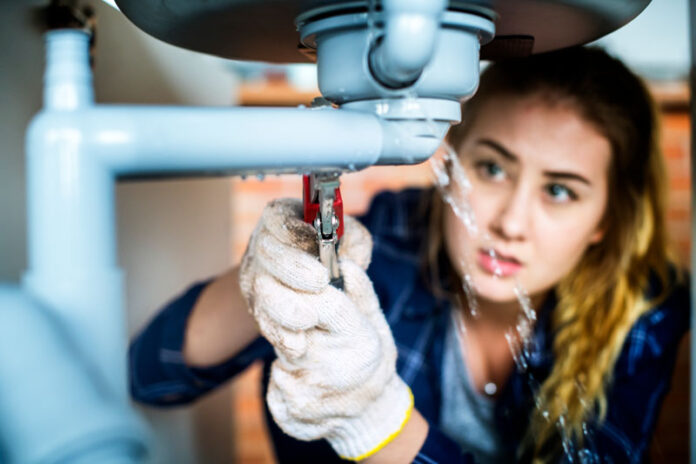
According to the plumbers behind sewersquad.ca reckless behavior is the most often reason for clogged drains. It is absolutely forbidden to pour cooking oil and fat of all kinds into the drain. Grease hardens, all weights can be washed and removed. Then a plug will be created, which only the plumber with the cable will be able to remove. This also applies to all types of waste and coffee grounds. It is best to throw this type of waste in the bin, if you want to save yourself the costs and interventions, as well as cleaning for the plumber.
4. Protection for drains
Be sure to use drain covers, wherever possible. Both in the kitchen and in the bathroom, protect the drains with specialized drain covers, which can be metal or plastic. It is good that the net is as thick as possible, so that as little waste as possible can pass through it. Make sure that the diameter of the drain covers is compatible with the drain, so that the efficiency is complete.
5. Clean the pipes regularly
This involves the use of special chemicals that effectively degrease, clean, and may even affect the dissolution of dirt, which blocks the pipe. These are specially manufactured and intended products, but they are often toxic, irritating to the eyes and respiratory organs, and can damage the pipes, especially with frequent use. Use them, when you use all the other trump cards, and the problem still remains unresolved. For starters use baking soda and vinegar. These are natural remedies, much healthier and more recommended, for you, pipes, and the natural environment.
6. Suction cup
If chemistry doesn’t work, maybe physics will. Special suction cups, which will create a vacuum and thus remove stuck debris and impurities, are also highly recommended. They do not damage anything, do not require any strength or effort, and are often effective and resolve the situation in a short time. It should always be kept in the house and used before all chemical agents.
7. Do not throw rubbish in the toilet
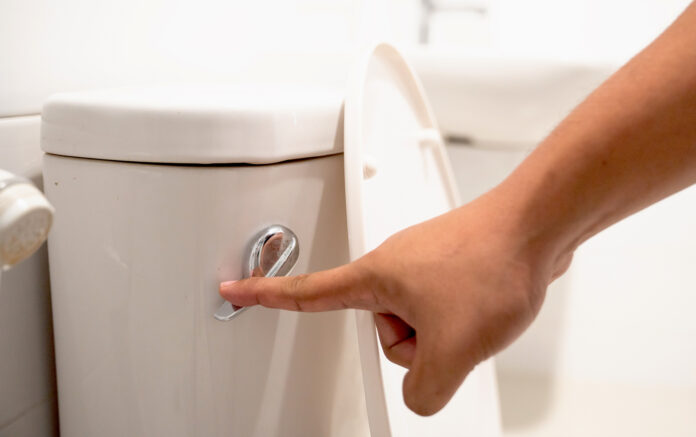
People often mix a toilet with a trash can. It is a huge mistake and an absence of rational thinking. Except for paper and human waste, nothing more should be thrown in the toilet. Do not spill leftovers from lunch, do not throw earplugs, soap packaging, cotton balls, tampons, makeup swabs, sanitary pads, diapers, wet wipes … Even if some of this says that it can be thrown toilet Even if it is degradable, do not experiment. Throw it in the trash, because the toilet will be clogged at some point, and you certainly don’t want to attend that scene, much less clean up the general chaos that will ensue.
8. Check for faults
Major faults, cracks, poor seals… result in water leakage. We often encounter discreet, almost imperceptible wetting of the wall or dripping in a place where it should not exist. Don’t let it be hard for you to crawl under the sink, look carefully around the bathroom, and make sure that something unforeseen is happening somewhere, and certainly unwanted. If you find any of these phenomena, it is best to call a mechanic immediately to prevent a major malfunction or, possibly, a breakdown caused by a burst pipe.
Conclusion
All these listed items are obvious evidence that it does not take much to take preventive action on the condition of plumbing fixtures. A little attention, interest in the problem, your own initiatives to adopt good and useful habits, and now you have already acted in the right direction. Educate your family, teach your children to behave properly and responsibly in this regard and your problem, and this type, will be minimized and will be based only on regular maintenance, without unpleasant incidents.

